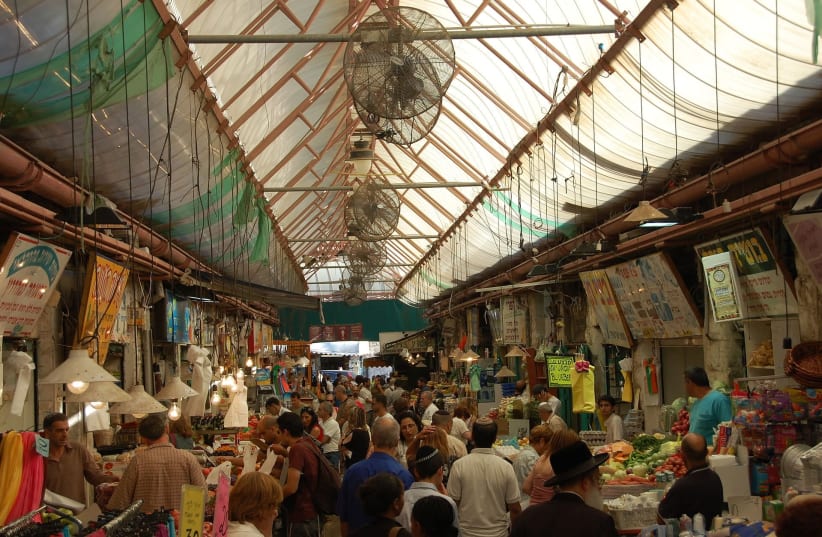Start-up Nation's underbelly: Israel's child poverty rate tops OECD states
While the report showed a rise in the minimum wage and child-care allowances, it also indicated that many Israeli families of three or more children live below the poverty line.
